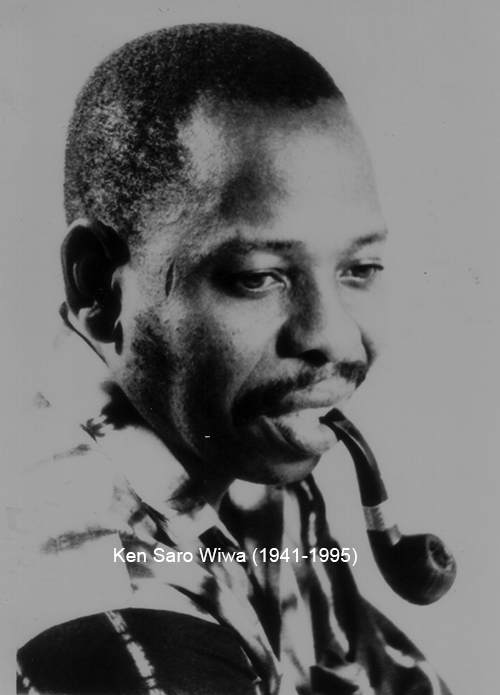The following bibliographical suggestion constitutes a provisional sum of texts that enable us to learn about, be initiated into, and consolidate decolonial, postcolonial and critical studies.
In the francophone African context, which particularly concerns us, we know how orphaned, invisible, misunderstood, and suspicious these studies remain. The decisive cause lies in the genes and blockages that these studies inspire in France, the main hub that nourishes our African spaces and academic currents. Largely accessible in Spanish and English, the access to these studies presents a second level of difficulty due, this time, to the linguistic ghetto that our educational and university systems continue to sustain for the benefit of the former colonial power. Yet the decolonial library is more than necessary to us. It is the master key to access to archives, which are essential for the construction of the ruptures that our disagreements with the current social and international imbalances require. And therefore, we must find by all necessary means the possibilities of appropriating it, of disseminating it and of providing it with a critical contribution from our own repositories. Therefore, beyond merely pointing out the elements to be read in the first instance, our approach remains guided by two broader objectives, each of which coincides with an organizational timeline. The first is to launch, through our website, a virtual Media Library of reference in the continent, which will guarantee easy access to those works that provide critical knowledge of Africa, its diasporas, and the world situation. Following this, the second is to complement this virtual system with a physical, convivial media library space, equipped with offices for work and research, but also with facilities for conferences and other public events, as well as spaces devoted to hosting writing, creative and educational stays.Well equipped with new cutting-edge technologies and complying with the environmental, energy and safety standards of a scientific and cultural facility that welcomes the general public, this media library will be the most complete meeting place for academic knowledge and the communities it is meant to serve, gathering together the oldest and most recent world knowledge.
In the international political economy of research, being a researcher and an African based in Africa raises questions and issues that need to be addressed. Mémographiques is a committed academic journal that aims to contribute to redressing the marginalization of African and Diasporic authors in the production of knowledge about African worlds. A consistent part of the articles published in each issue must be written by African authors settled on the continent.
Mémographiques is a non-disciplinary journal engaged in the study of the pasts and contemporaneities of Africa and its diasporas, as well as in their object and their study in the economies of international knowledge production.
It is a journal of critical and decolonial theory, in its epistemic and political positioning, that explores the possibilities of a refounding of the idea of social sciences and humanities in the African and diasporic worlds, moreover, it is a journal that documents and bears witness to the past and present conditions and trends operating in Africa and its diasporas. Mémographiques is an annual multilingual journal.
Text to come

